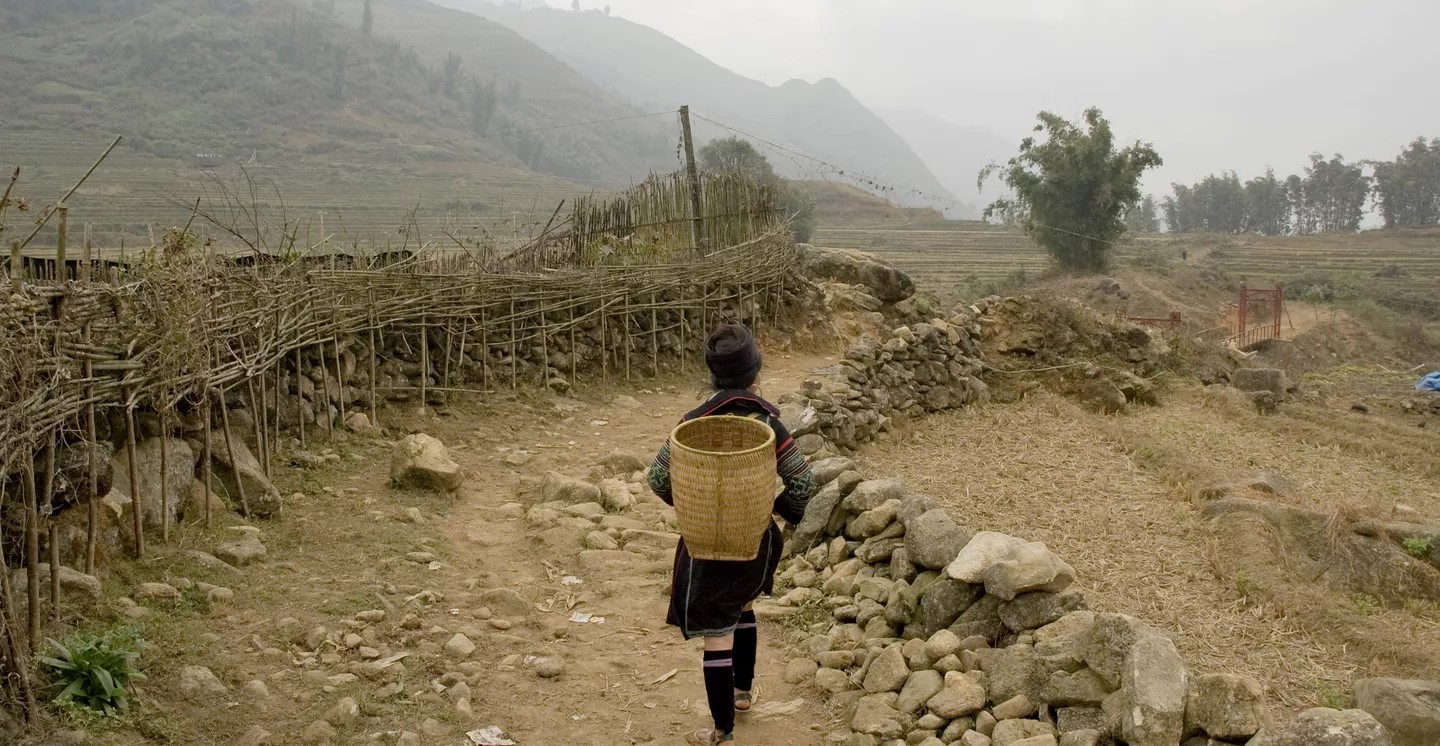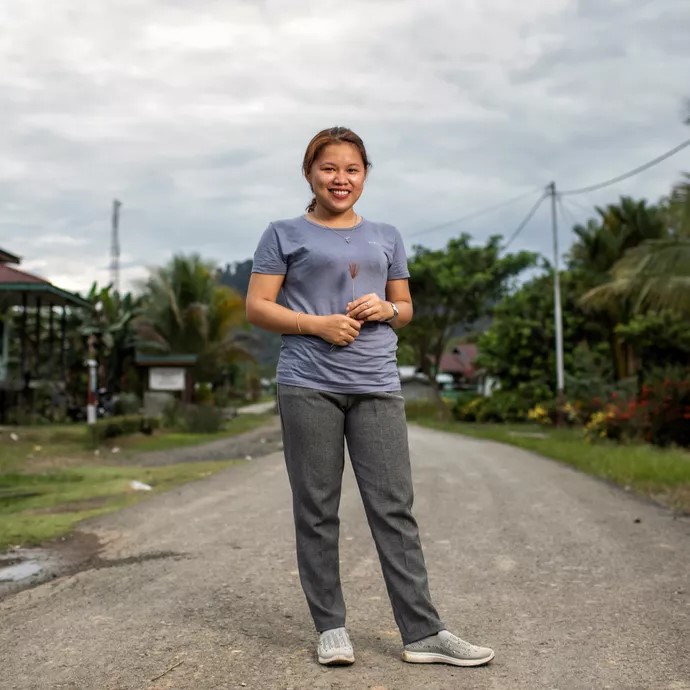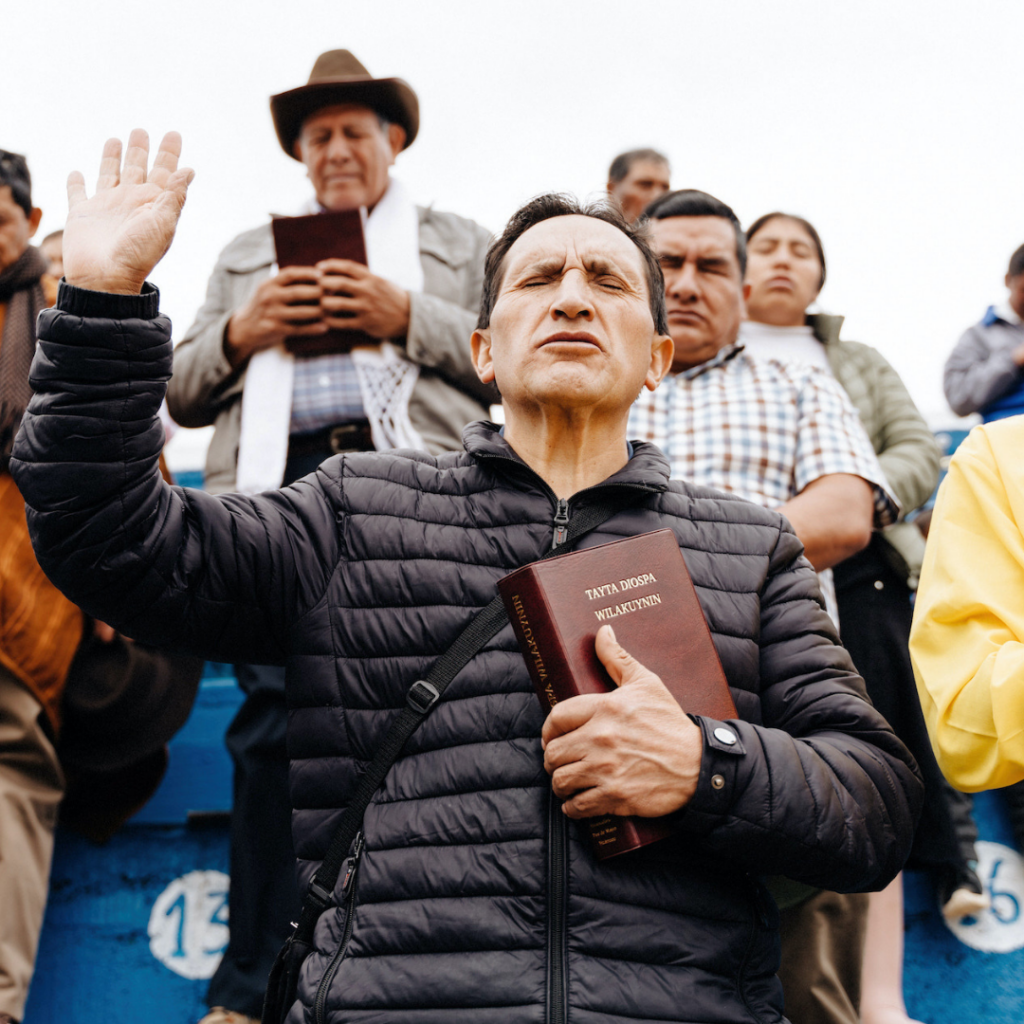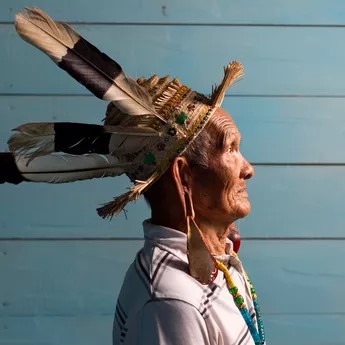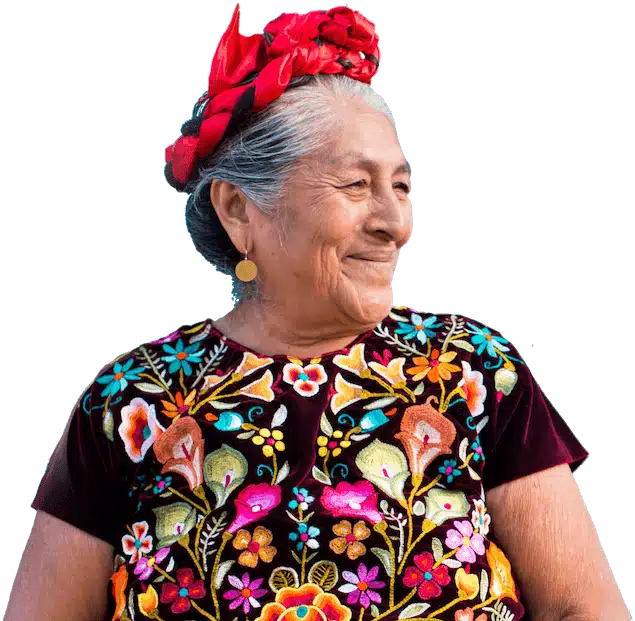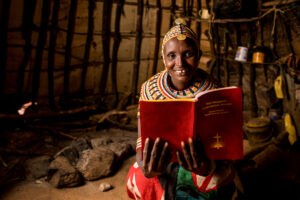Pseudonyms are used for names and locations in regions hostile to Christianity.
Have you experienced a season when you felt alone, forgotten, or even unworthy of God’s love? Perhaps you’ve identified with those in the category of “the least of these.”
Jesus speaks about the least of these in Matthew 25:31-46, referring to those in need. When you find yourself in those moments, you need God’s Word most to comfort you and bring you back from the brink of despair.
Three small people groups in Southeast Asia have finally discovered this truth.
As they hear God’s Word in the language they know best, they are realizing the power of his love.
A Time of Rejoicing

The latter part of 2017 saw great rejoicing in Southeast Asia. Three people groups—the Ada, the Ampiri, and the Edo—dedicated their hard-won New Testaments. Numbering only 8,000, 10,000, and 600 speakers respectively, they truly represent the “least of these.”
One Ampiri speaker expressed astonishment at the level of support given by others.
“Why would people who are not Ampiri people also be willing, despite difficulties, to help in the translation process?” he asked.
“We thought that God only pays attention to the American people because they have many versions of the Bible in English. But, in fact, God also loves the Ampiri people, even though we are just a small people group.”
A Locally-Led Partnership
When Dutch missionaries brought the gospel to this area in the early 20th century, God broke through ancient beliefs and rituals to reach many people. But for churches to grow—for individuals to deepen in faith—they need the undergirding of God’s Word in their heart language.
And so, Ada, Ampiri, and Edo believers sought workers in the Bible translation movement to help them gain Scripture in their languages.
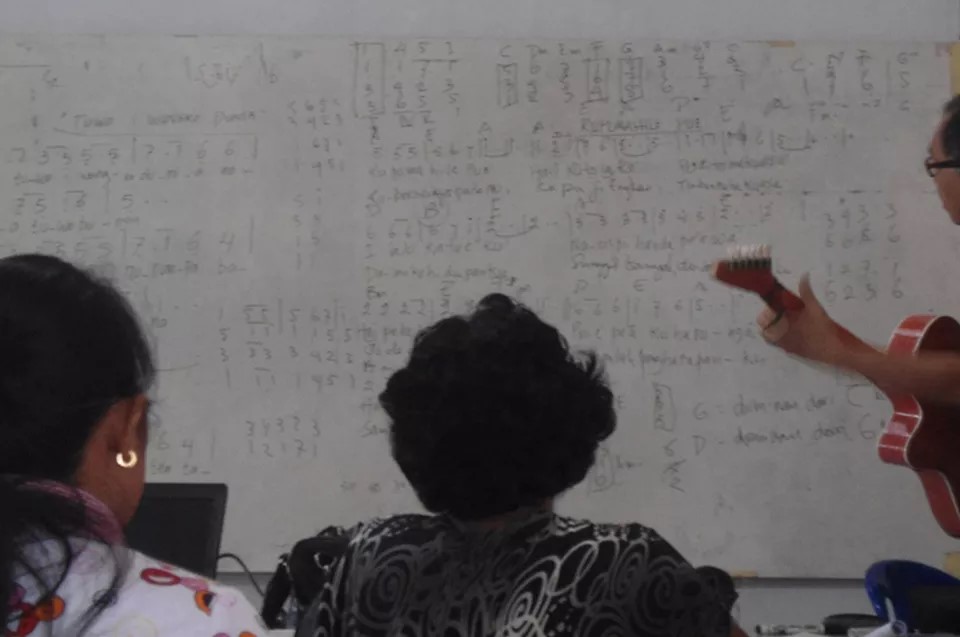
Kartidaya (a partner organization in Southeast Asia) worked with Seed Company to complete the work—a combined effort in the form of the Basera Cluster Project. The Ada, Ampiri, and Edo peoples benefited from shared training, fellowship, prayer, and support during the translation process.
The effort culminated in God’s blessing of three completed New Testaments!
God’s Kingdom Continues to Multiply
Reports from the area reveal joyful progress in Scripture use across multiple platforms:
- Mother tongue Scripture use in church services, Sunday school, Bible studies, and home groups
- Oral recording of Scriptures for those still working toward literacy
- Websites for each language, featuring the digital New Testament, songs, poems, videos, and the “JESUS” film
- Development of songbooks, liturgies, and songwriting workshops
- God’s Word is changing lives!
The parable Jesus told in Matthew 25 describes acts of mercy given freely to others. Jesus desires our personal involvement in caring for the needs of others, including those who don’t yet have his Word. Will you join us in partnering with more projects like the Basera Cluster?
